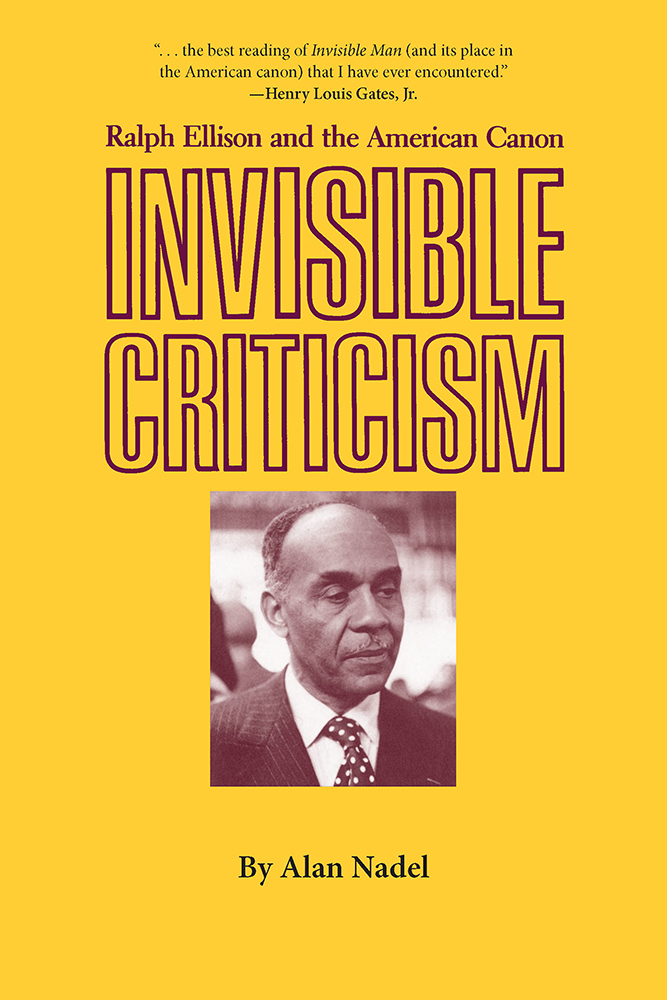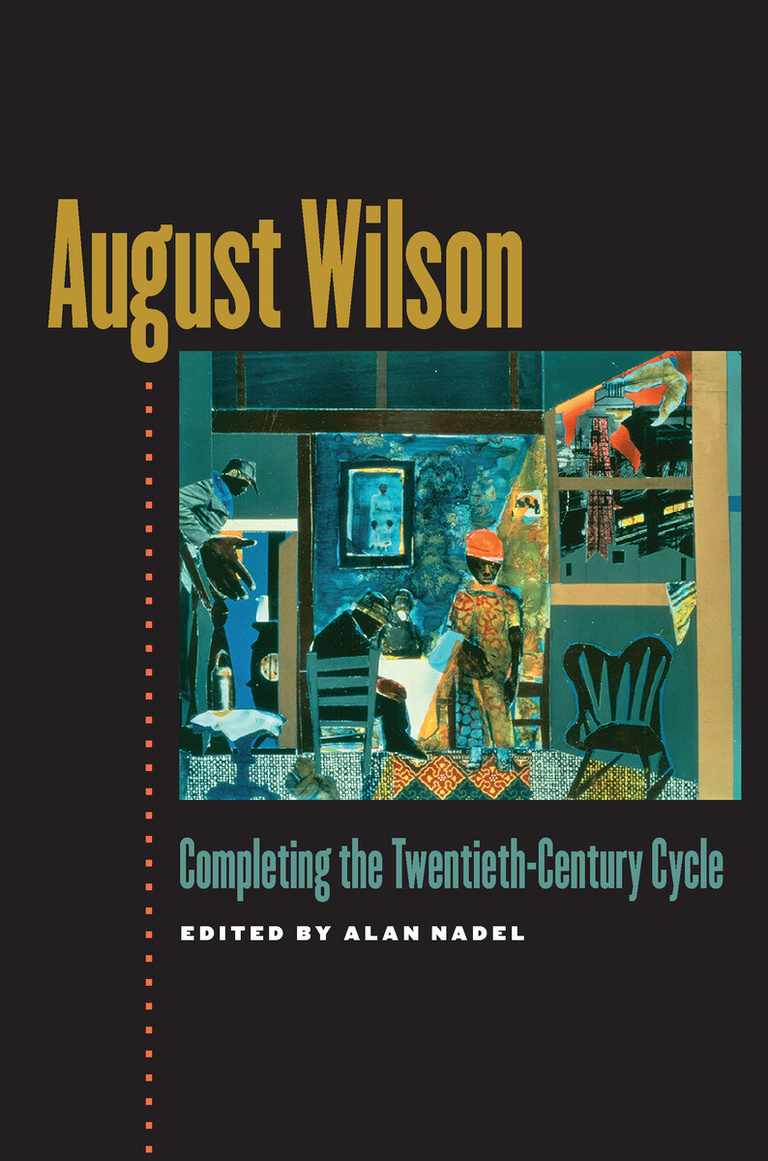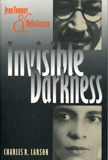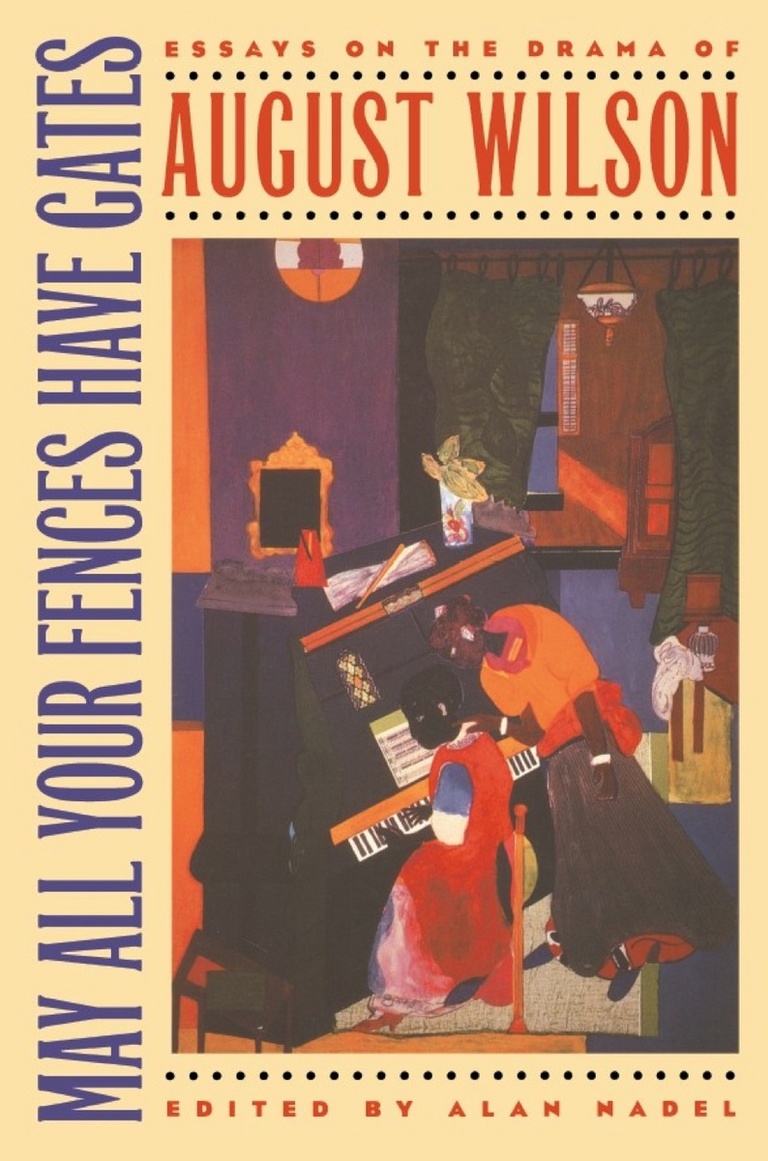In 1952 Ralph Ellison won the National Book Award for his Kafkaesque and claustrophobic novel about the life of a nameless young black man in New York City. Although Invisible Man has remained the only novel that Ellison published in his lifetime, it is generally regarded as one of the most important works of fiction in our century.
This new reading of a classic work examines Ellison's relation to and critique of the American literary canon by demonstrating that the pattern of allusions in Invisible Man forms a literary-critical subtext which challenges the accepted readings of such major American authors as Emerson, Melville, and Twain.
Modeling his argument on Foucault's analysis of the asylum, Nadel analyzes the institution of the South to show how it moved blacks from "enslavement" to "slavery" to "invisibility"—all in the interest of maintaining an organization of power based on racial caste. He then demonstrates the ways Ellison wrote in the modernist/surreal tradition to trace symbolically the history of blacks in America as they moved not only from the nineteenth century to the twentieth, and from the rural South to the urban North, but as they moved (sometimes unnoticed) through American fiction.
It is on this latter movement that Nadel focuses his criticism, first demonstrating theoretically that allusions can impel reconsideration of the alluded-to text and thus function as a form of literary criticism, and then reading the specific criticism implied by Ellison's allusions to Emerson's essays and Lewis Mumford's The Golden Days, as well as to "Benito Cereno" and The Adventures of Huckleberry Finn. Nadel also considers Ellison's allusions to Whitman, Eliot, Joyce, and the New Testament.
Invisible Criticism will be of interest not only to students of American and Afro-American literature but also to those concerned about issues of literary theory, particularly in the areas of intertextual relationships, canonicity, and rehistoricism.
"Nadel's book on Ellison is the best reading of Invisible Man (and its place in the American canon) that I have ever encountered…I can safely say that no one has taught me more about Invisible Man than has Nadel. No one."—Henry Louis Gates, Jr.
“. . . demonstrates convincingly the extent to which Ellison inserts himself consciously into the texts of Melville, Whitman, Emerson, Twain, and cultural historian Lewis Mumford as a way of disrupting their integrity.”—American Literary History
“. . . an important study of a central figure in American literature and of a central critical issue of our time. Mr. Nadel has made a significant contribution in both respects to our understanding of American literature and culture.”—Sacvan Bercovitch
“Combining an intelligent use of critical theory with close texual reading, Invisible Criticism provides valuable insights into Ralph Ellison’s relationship to the established canon of 19th-century American literature. . . . Building on a brilliant chapter concerning theories of literary allusion (particularly those of Northrop Frye and Harold Bloom), Nadel demonstrates how Ellison uses allusions to revise received interpretations of the tradition with which he identifies his own work.”—Choice



